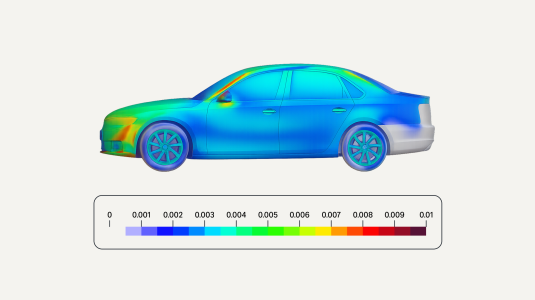Customer-obsessed science


Research areas
-
September 26, 2025To transform scientific domains, foundation models will require physical-constraint satisfaction, uncertainty quantification, and specialized forecasting techniques that overcome data scarcity while maintaining scientific rigor.
-
Featured news
-
NAACL Findings 20252025Large language models (LLMs) are increasingly used as automated judges to evaluate recommendation systems, search engines, and other subjective tasks, where relying on human evaluators can be costly, time-consuming, and unscalable. LLMs offer an efficient solution for continuous, automated evaluation. However, since the systems that are built and improved with these judgments are ultimately designed for
-
Journal of Applied Physics2025Superconducting micro-resonators have application in sensors and quantum computing. Measurement of the resonator internal loss in the single-photon regime is a common tool to study the origins of dissipation, noise, and decoherence in quantum circuits, as well as characterization of materials used for quantum devices. However, such measurements are challenging and time-consuming with large uncertainties
-
2025Automatic speech recognition (ASR) systems can benefit from incorporating contextual information to improve recognition accuracy, especially for uncommon words or phrases. Current approaches like custom vocabularies or prompting with previous transcript segments provide limited contextual control. Compared to existing context biasing methods, RAG promises more flexible and scalable contextual control by
-
Web and mobile systems show constant distribution shifts due to the evolvement of services, users, and threats, severely degrading the performance of threat detection models trained on prior distributions. Fast model adaptation with minimal new data is essential for maintaining reliable security measures. A key challenge in this context is the lack of ground truth, which undermines the ability of existing
-
2025A small subset of dimensions within language Transformers’ representation spaces emerge as "outliers" during pretraining, encoding critical knowledge sparsely. We extend previous findings on emergent outliers to Encoder-Decoder Transformers and instruction-finetuned models, and tackle the problem of distilling a student Transformer from a larger teacher Trans-former. Knowledge distillation reduces model
Collaborations
View allWhether you're a faculty member or student, there are number of ways you can engage with Amazon.
View all














































